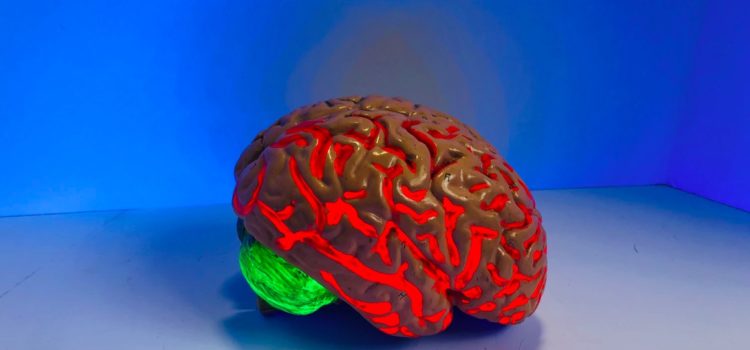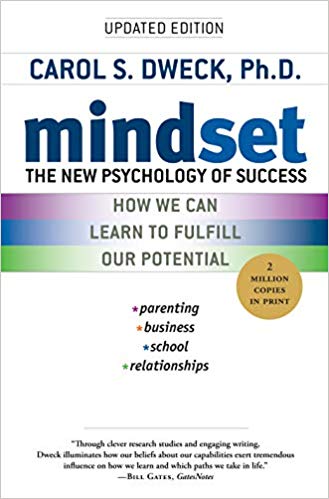

This article is an excerpt from the Shortform summary of "Mindset" by Carol Dweck. Shortform has the world's best summaries of books you should be reading.
Like this article? Sign up for a free trial here .
What is a “false” growth mindset? Is it possible that you think you have a growth mindset when in reality, you’ve actually embraced a mindset that’s causing you (and your children or students) harm?
We’ll cover the common misconceptions that result in a “false” growth mindset and look at how to create an authentic growth mindset.
Summary of the Two Mindsets
Before we talk about the nature of a false growth mindset, we need to know what an authentic growth mindset and it’s counter, the fixed mindset, look like.
Fixed-Mindset
- Core belief: Ability is fixed.
- What happens:
- You feel a need to constantly prove yourself.
- You avoid challenges.
- You get defensive or give up.
- You see effort as pointless.
- You reject critical feedback.
- You feel threatened by others’ success.
- Result: You can’t learn or develop to your full potential.
Growth Mindset
- Core belief: Everyone can learn and grow.
- What happens:
- You focus on learning and growing.
- You welcome challenges.
- You persist in the face of obstacles.
- You see effort as a key to success.
- You welcome critical feedback.
- You learn from others’ success.
- Result: You continue to reach new levels of achievement.
What Is a False Growth Mindset?
Some parents, coaches, and teachers who want to do the right things for children nonetheless misunderstand or misapply the growth mindset. This leads to a false growth mindset. It’s deceptively simple — a growth mindset means believing people can develop their abilities. We’ll look at some misconceptions that cause a false growth mindset and explains how to start developing a growth mindset and pass it on to children.
False Growth Mindset Belief #1
Having a growth mindset means being open-minded. People who are flexible and open-minded often think they have a growth mindset. They sometimes call it an open mindset. But being open-minded is different than being committed to developing your own and other people’s abilities, which is hard work rather than simply a commendable attitude. Believing open-mindedness is the same as having a growth mindset is a quality of a false growth mindset.
False Growth Mindset Belief #2
A growth mindset is only about effort, especially praising effort. It’s much broader than that. Effort is important, but it’s part of a process of growth that also includes effective learning strategies, focus, perseverance, and asking for help when you need it. Progress and learning come from the whole process, not just effort or one of the other components.
There are several pitfalls to praising effort alone, rather than the development process. These are the problems with this false growth mindset:
- Some people praise any effort at all, even when it’s minimal, which sends the wrong message about what it takes to succeed.
- Some teachers and coaches praise kids when they try but make little progress, in other words, when they’re not learning. Acknowledging the effort isn’t enough — parents or teachers need to determine why the effort isn’t working and help the child find better strategies so they can start learning again.
False Growth Mindset Belief #3
The growth mindset means praising the process. You should praise the process, but also connect it to the outcome — what children have learned, progress they’ve made, or specific achievements. The message to children needs to be that the process enabled them to achieve their goals.
False Growth Mindset Belief #4
A growth mindset means telling children they’re capable of doing anything. This doesn’t help kids grow. It puts the responsibility for learning entirely on them. The way to help children grow is by showing them how to develop the skills to move toward their goals.
Beware of overpraising. This is a side effect of a false growth mindset. Also, don’t criticize children for having a fixed mindset. It’s your responsibility to teach a growth mindset and help children develop.
Tips for Developing a True Growth Mindset
- Your works and actions send children a message. Think about what they’re likely to hear, rather than what you intended to say.
- When a child accomplishes something, try to focus on how they did it (the entire process including effort, strategies, perseverance, and seeking help when needed).
- Think about the goals you set for your children — are you focusing on their talent or on developing their skills and knowledge through effort? Are you putting your aspirations ahead of the child’s interests?
- Teachers: use the growth mindset to set high standards, but also teach students how to reach them.
- Coaches: don’t demand perfection from your players, which is demotivating. Emphasize commitment and diligent effort.
If you’re aware of these common misconceptions of the growth mindset, you’ll likely avoid the worst offenses of a false growth mindset, but it’s important to remain vigilant and periodically reassess what it means to truly possess a growth mindset.
———End of Preview———

Like what you just read? Read the rest of the world's best summary of "Mindset" at Shortform . Learn the book's critical concepts in 20 minutes or less .
Here's what you'll find in our full Mindset summary :
- The difference between a growth and a fixed mindset
- How a fixed mindset keeps you back throughout your life: education, relationships, and career
- The 7 key ways to build a growth mindset for yourself






